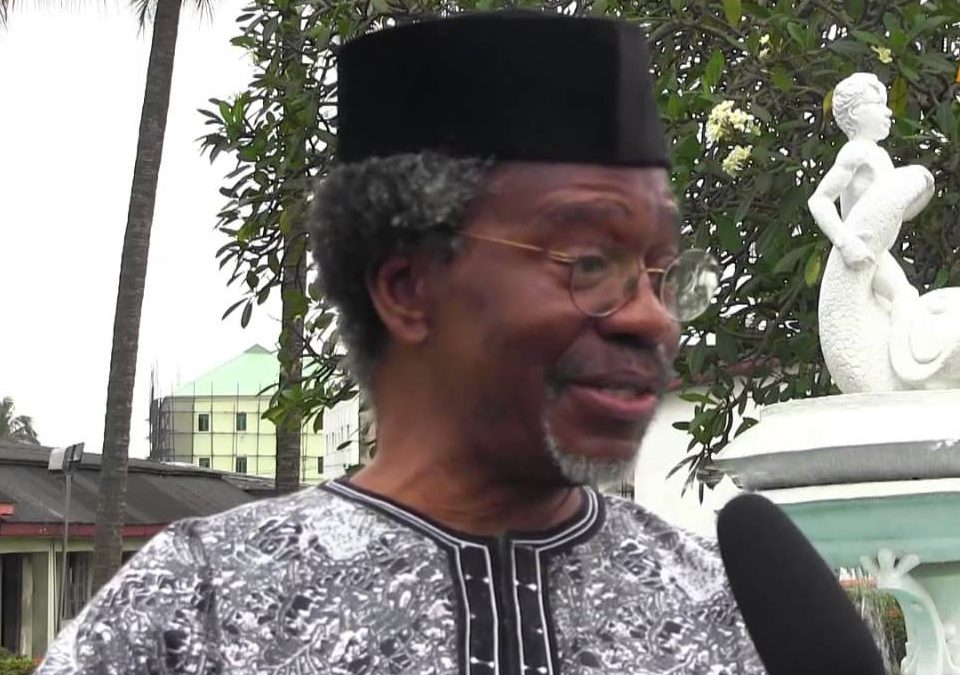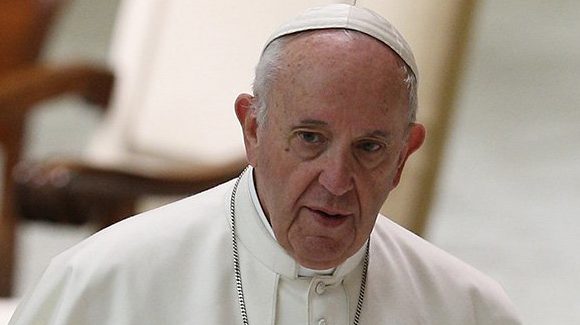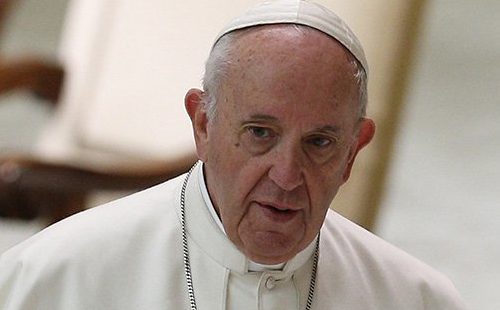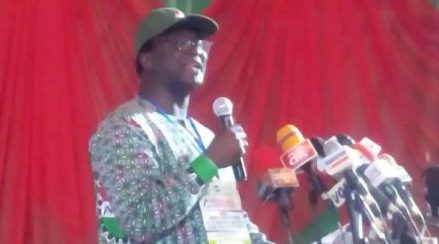Nigerians are fast losing faith in the President Muhammadu Buhari-led government in view of the plethora of allegations of corruption against some of its key members.
Professor Akin Oyebode made this assertion on Wednesday at the fourth and final edition of the Policy Monitoring Dialogue Series organised at the Savannah Centre for Diplomacy Democracy and Development (SCDDD), Lagos.
Speaking with journalists at the occasion, against the backdrop of the controversy surrounding the recall of Abdulrasheed Maina who was declared wanted over allegation of corrupt practices by the government, he said President Buhari needed to work hard on the fight against corruption.
That, he said, was particularly as it related to those working with him.
His words: “Nigerians are beginning to lose faith in the president. He needs to act fast to regain the confidence Nigerians had in him.
“The Maina issue is a litmus test for the president. How he handles the situation is critical. The president must be assisted by his agents, his servants and his friends.
“He can’t fight corruption on his own. All the corruption allegations under this administration have raised serious doubts in the minds of Nigerians about President Muhammadu Buhari’s war on corruption.”
Speaking on the topic, “The rule law and human rights as cornerstone for sustainable democracy in Nigeria,” the Professor of International Law at the University of Lagos, said there was need to abide by the law and avoid impunity.
READ ALSO: Mainagate: Malami, Dambazau must go –Rights group
“Perhaps nothing constitutes a grave threat to stability, peace and good governance than impunity and reckless behaviour by government and its security agencies.
“Failure by the state and its security apparatus to abide by the tenets of rule of law is a sword of Damocles on democracy.
“Very often, the security arm has to be compelled to act in a manner conformable with the rule of law. This is most notable in the developing world where political and social institutions are not altogether well developed,” he posited.
Professor Oyebode also spoke on the need for judiciary officers to be men of integrity who should be clean at all times.
“While emphasizing the overarching role of the judiciary in the scheme of things, we should endeavour to answer Juvenal’s question: Quis custodiet ipso custodies? (Who would guard the guards themselves?).
“Nothing is as devastating and corrosive as a corrupt or morally challenged judicial officer. As people say, if gold rusts, what should iron do? Consequently, the anti-dote to corruption and other malfeasance in the polity is an independent, impartial and uncorrupt judiciary. The onus lies on a truly democratic state to do all possible in order to realize this laudable objective.”











